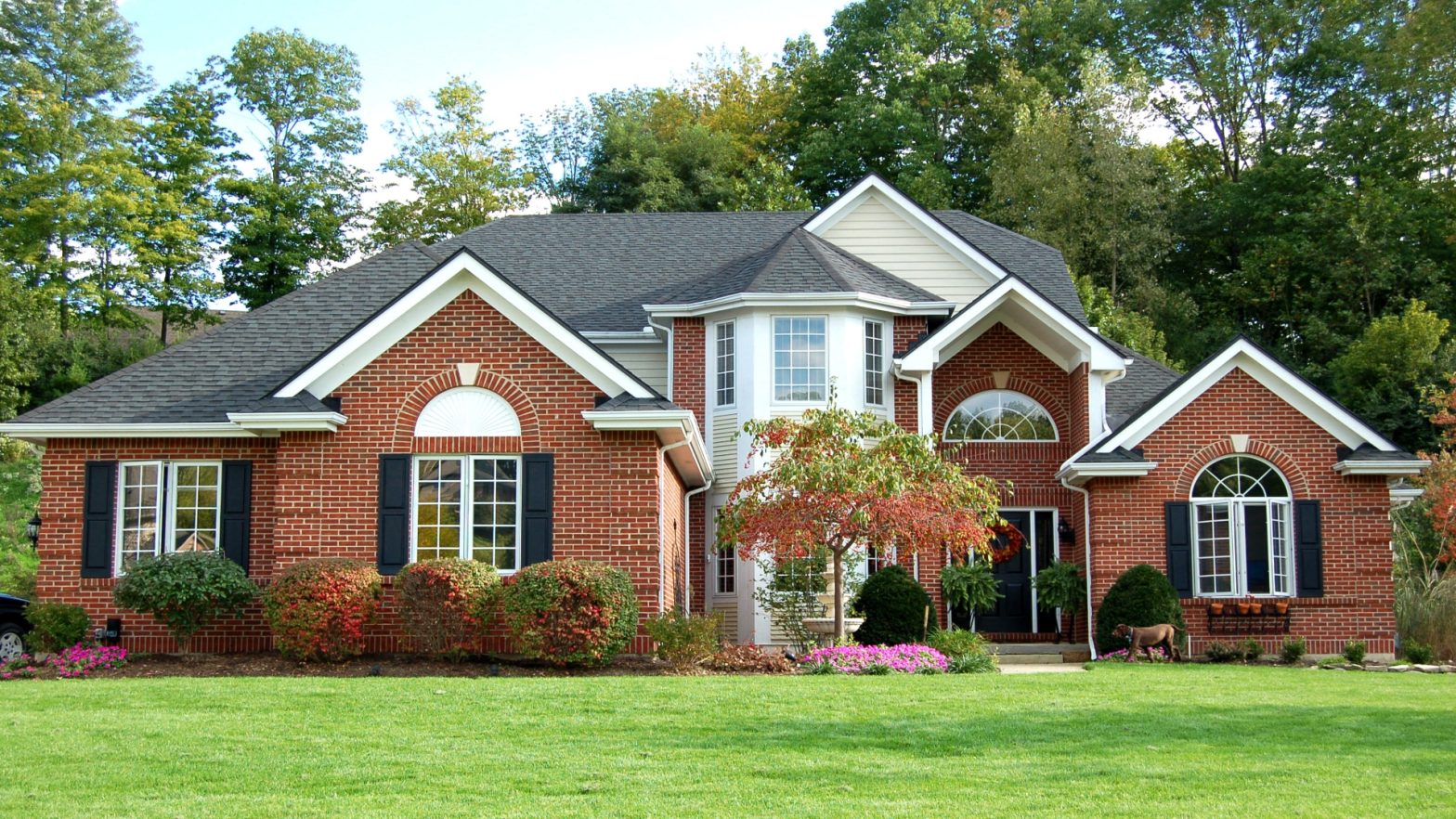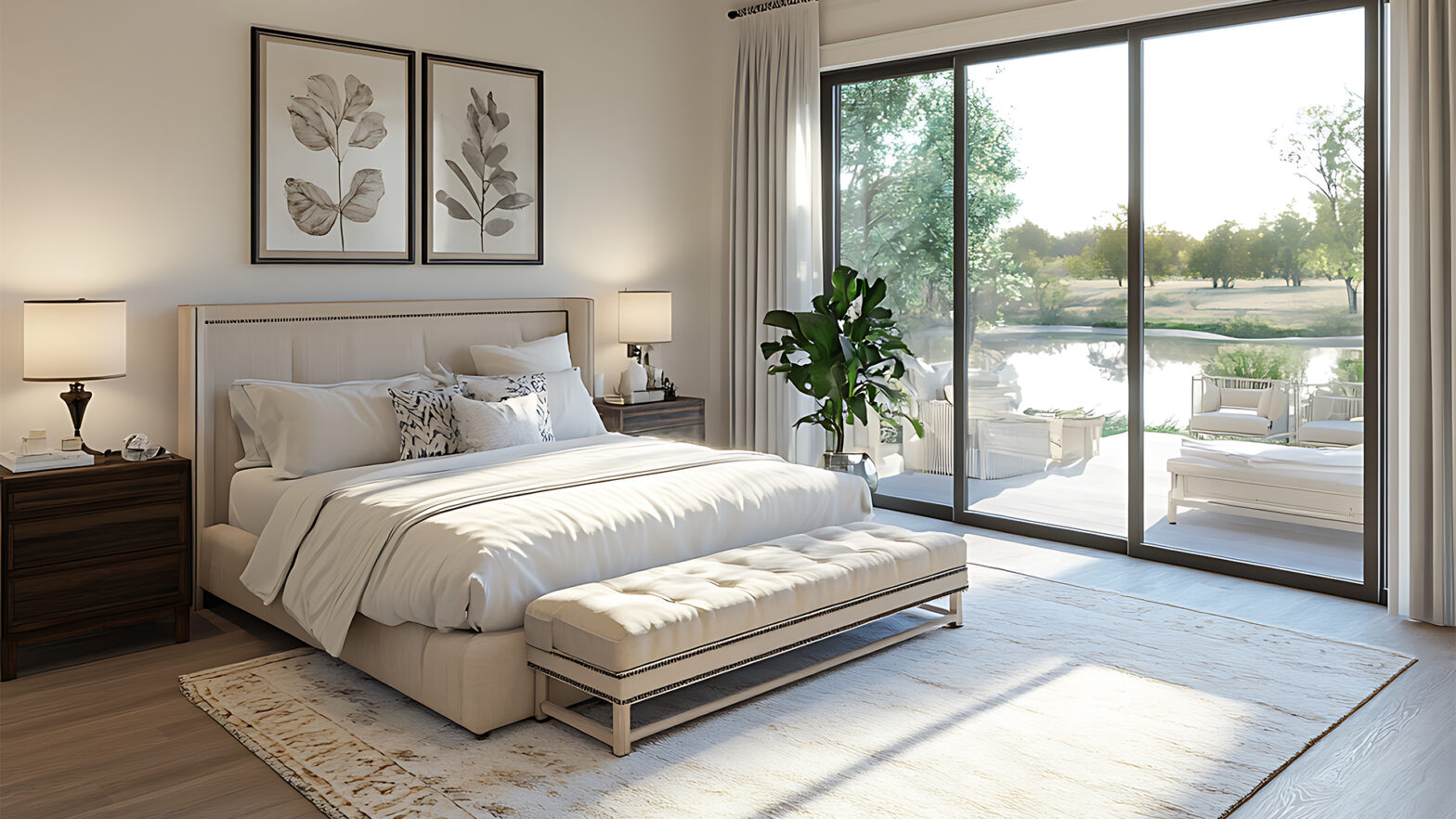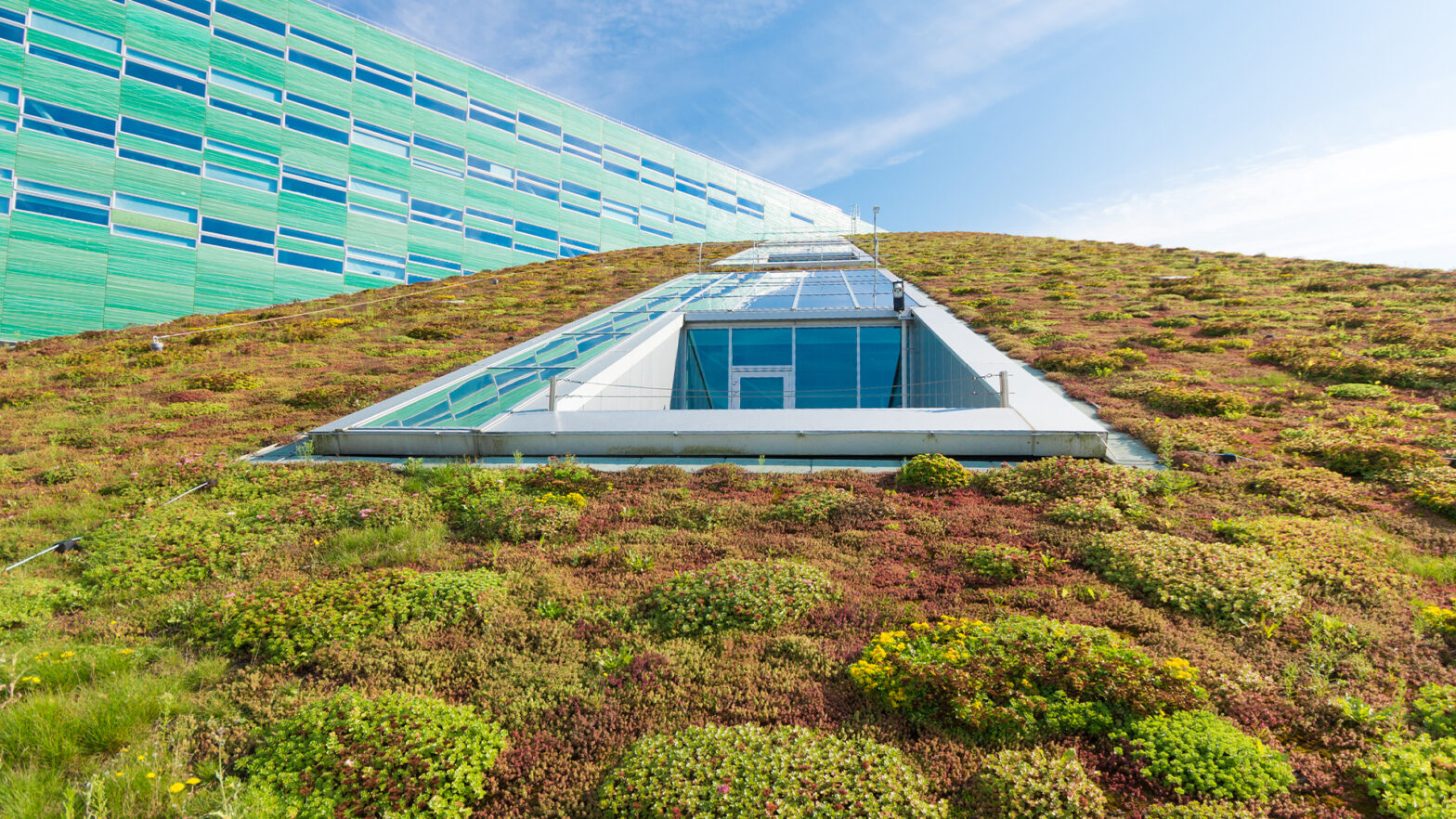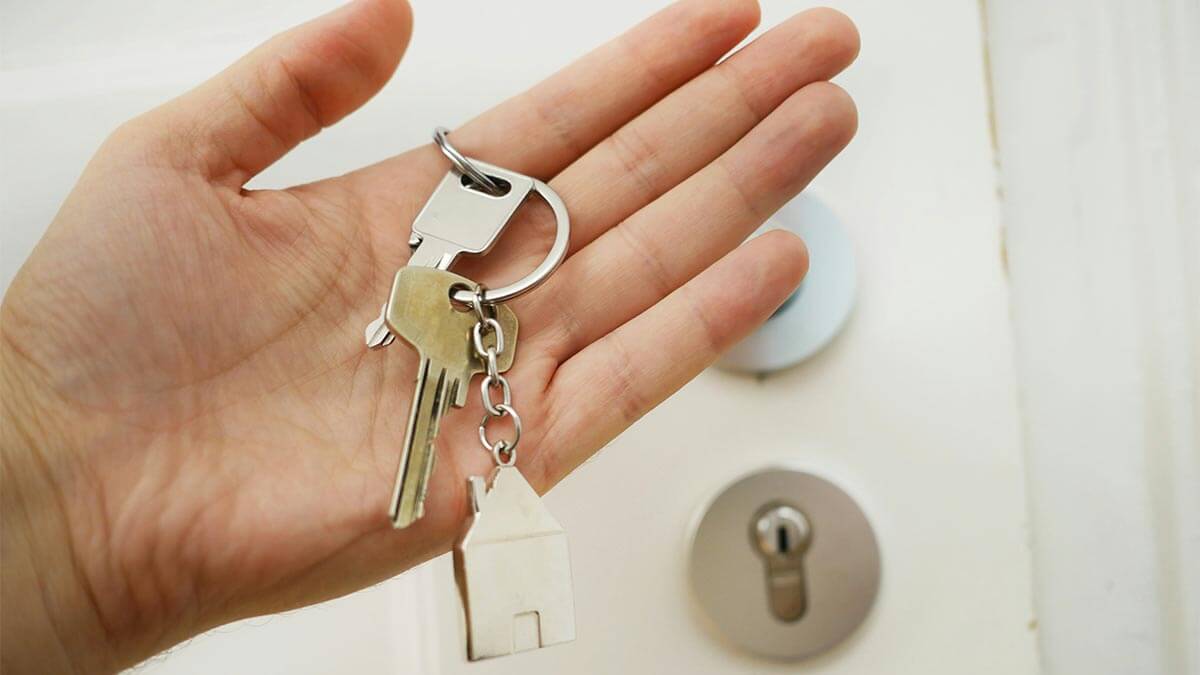How to Renovate Your Home with Sustainability in Mind
As our understanding of the environmental impact of traditional renovation practices grows, it becomes increasingly important to consider sustainability when renovating our homes. Sustainable home renovations not only reduce our carbon footprint but also contribute to healthier living spaces and long-term cost savings. And what doesn’t want that? Let’s walk through some key strategies for renovating your home with sustainability in mind. From assessing your home’s environmental footprint to using sustainable materials, we’ll help you embark on a journey towards creating a more eco-conscious and sustainable home.
Assessing Your Home’s Environmental Footprint
Before starting any renovation project, assessing your home’s environmental footprint is essential. Conduct an eco-audit, which isn’t as scary as it sounds! Evaluate the overall energy efficiency, water consumption, and waste generation of your home and the people who live in it. Identify areas for improvement, such as outdated insulation, single-pane windows, or inefficient appliances. This assessment will guide your decisions and help prioritise sustainable renovations and where to spend your hard-earned money.
Sustainable Materials and Finishes
Choosing sustainable materials and finishes is vastly important when it comes to minimising the environmental impact of your home renovation. Opt for eco-friendly products such as reclaimed wood, bamboo flooring, or recycled glass tiles – see what you can pick up from building yards or second-hand on online marketplaces. Sustainable flooring options are ideal, too, as they tend to be more hard-wearing so you won’t need to replace them so soon!
Consider low or zero ‘volatile organic compound’ (VOC) paints and finishes, which reduce indoor air pollution and are generally better for the environment. Look for certifications like Forest Stewardship Council (FSC) or Cradle to Cradle (C2C) to ensure the sustainability of the materials. You don’t need to compromise on style and aesthetics, but it is worth researching when picking out materials for your renovation.
Energy-Efficient Upgrades
Energy efficiency is a vital aspect of home renovation – making these upgrades reduces your carbon footprint and can lead to substantial long-term energy savings. Consider installing energy-efficient windows and doors to improve insulation and therefore reduce the need for using your central heating.
Replace outdated heating, ventilation, and air conditioning (HVAC) systems with more energy-efficient models; again this will save you money while being kinder to the planet. Some more ways to be more energy-efficient include switching to LED lighting and installing programmable thermostats to optimise energy consumption. Explore renewable energy options, such as solar panels and biomass, to further reduce reliance on non-renewable energy sources.
Water Conservation in Home Renovations
Water conservation is a vital aspect of sustainability in home renovations, but it’s something that often gets overlooked. Install some water-efficient features where you can: low-flow taps/faucets, showerheads, and toilets can really reduce water consumption. Choose water-efficient appliances, such as dishwashers or washing machines, that minimise water usage without compromising performance.
Consider rainwater harvesting systems or greywater recycling systems to reuse water for activities like watering your plants or cleaning outdoor spaces. And when it comes to the plants you choose, opt for water-wise plants: those which are tolerant to droughts, so they don’t require excess water use to survive. Some of these include lavender, sage, stonecrop and bougainvillaea. All are beautiful, but don’t need constant watering!
Smart Home Technologies for Sustainability
Integrating smart home technologies can significantly enhance sustainability in your newly renovated property. Smart thermostats allow for optimised temperature control and energy savings – it means you won’t be using your heating unnecessarily. Smart lighting systems enable efficient use of electricity, with features like motion sensors and timers; again, this reduces the amount of time your lights will be on, which is better for the environment. Install smart metres to monitor and track energy and water consumption, encouraging mindful resource management. Again, this can save you money too – and home renovation isn’t a cheap process.
Eco-Friendly Bedding and Mattresses
One of the final touches to renovating your home is picking out the soft materials and decor pieces – your sofa, for example, and the trinkets you use to showcase your personality. This also includes the bedding and mattress you choose for your newly renovated bedroom; opt for an eco friendly mattress such as one made from bamboo or natural latex, and combine with sustainable bedding. These options have health benefits as well as being better for the planet – they’re hypoallergenic and breathable, meaning you’ll sleep better, and thermoregulating to keep you from overheating or feeling too cold at night. Again, there is no need to compromise on style when choosing bedding that is kinder to the planet!
Waste Reduction Strategies
During the renovation process, it’s important to prioritise waste reduction. Waste ending up in landfill is a huge issue, getting worse on a daily basis. A home renovation project is a very big job, and as such it tends to generate a lot of waste; this can’t be helped, generally, but you can find ways to be more responsible about it. But using those sustainable materials we spoke about earlier, such as leftover tiles from other peoples’ construction work, you’re automatically helping eliminate waste. Recycle what you can, and repurpose your own leftover materials to create one-of-a-kind pieces for your home. You can also donate any usable materials that you don’t need to local charities or organisations who can make really good use of them.
Renovating Your Home With Sustainability in Mind
Embarking on a home renovation process is said to be one of the most stressful things you can do in life, and we don’t want to add more stress to that – but it really is important to consider the environmental impact your project (and home in general) might have. Actively try to reduce this where you can, through choosing sustainable materials and considering energy-efficiency, and you’ll be making a positive difference while creating a beautiful home to be proud of.
































